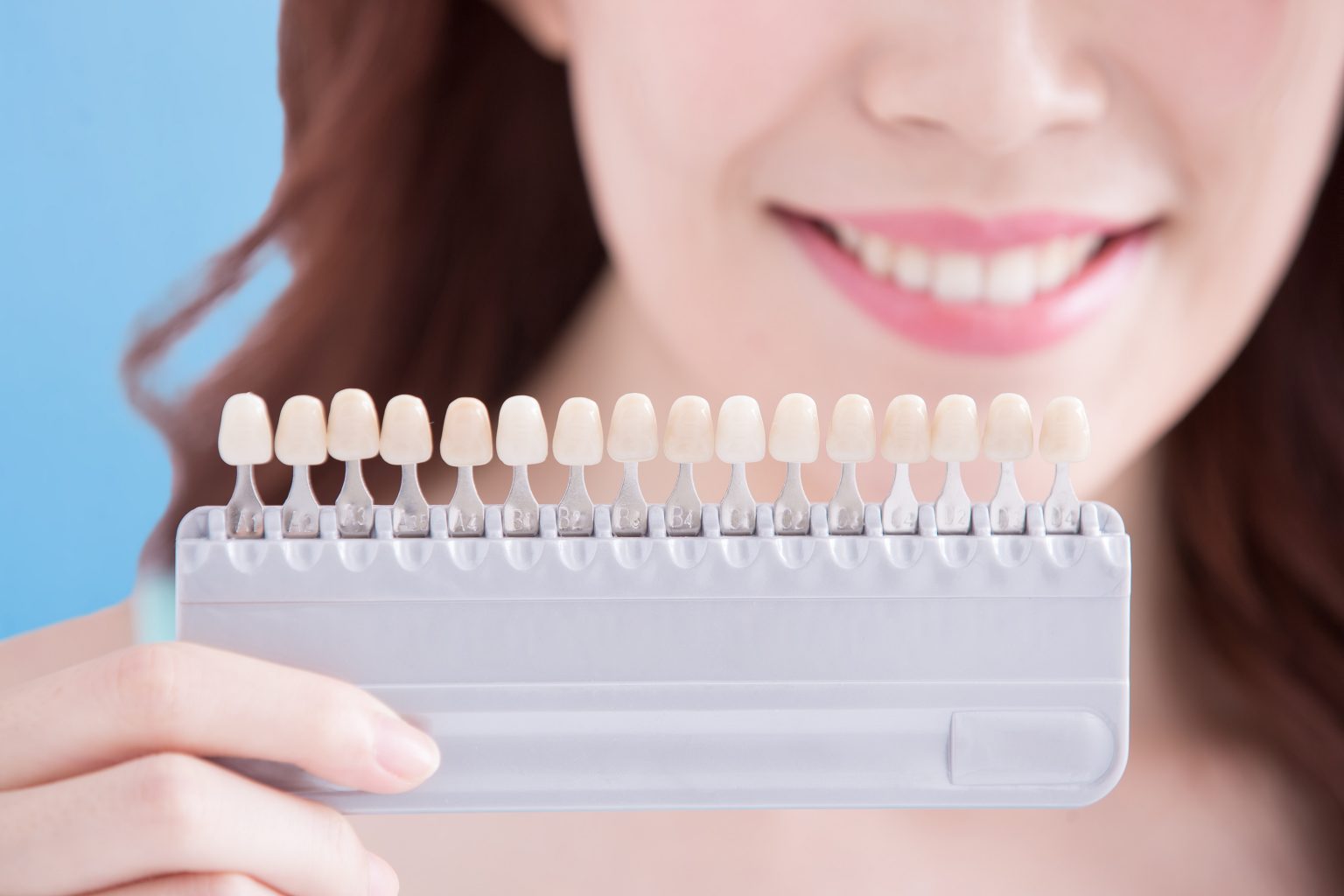Teeth whitening has become extremely popular in the last decade. Having healthy-looking, bright and white teeth has become an essential aspect of today’s beauty standards. We are constantly exposed to images of people with beautiful smiles on TV, movies, magazines, and social media. Therefore, we are always looking for ways to achieve this look, and teeth whitening in South Edmonton is your best option.
How do your teeth become stained?
The colour of your teeth can change for different reasons. There are two types of tooth discolouration: extrinsic and intrinsic. Extrinsic staining affects the surface of your teeth and is generally a result of constant exposure to foods and drinks such as coffee, tea, soft drinks, red wine, and tomato-based sauces. These have pigments that remain on the surface of your teeth and cause discolouration. Smoking and chewing tobacco are also strongly correlated with discoloured teeth.
On the other hand, intrinsic discolouration is caused by certain antibiotics, chemotherapy, and tooth injuries especially when these occur before the age of 8 when the enamel is still being formed. Another cause of intrinsic discolouration is aging. As we grow older, the enamel on our teeth starts to wear off and an underlying yellow tissue called dentin is exposed, modifying the colour of our teeth.
How does teeth whitening work?
There are many options out there for whitening your teeth, from in-office procedures to over-the-counter products that you can use at home. If you are looking for drastic results, the best option is to visit a dental clinic in South Edmonton to have your teeth whitened. During this procedure, your teeth will be exposed to a whitening solution that has a bleaching chemical like hydrogen or carbamide peroxide at a high concentration. These chemicals interact with your enamel, introducing oxygen into the stained molecules. Sometimes, dentists use a special light to boost the efficacy of the whitening solution. At the end of the procedure, your teeth may be up to 15 shades lighter.
At-home options
If you are looking for teeth whitening near you but can’t afford an in-office procedure, there are other options for you. For example, many dental clinics offer takeaway kits that help you whiten your teeth at home. These consist of custom-made trays where you can use a specific amount of whitening gel. This gel has lower concentrations of the bleaching chemicals for safety reasons. Therefore, the results won’t be as drastic as the ones achieved in a dentist’s office.
There are also some over-the-counter products such as whitening strips that you can purchase at your local pharmacy. However, these products aren’t very effective since they have very low concentrations of hydrogen or carbamide peroxide.
Side effects
It is extremely common to experience tooth sensitivity during and after this procedure. After bleaching your teeth, they become porous and the nerves inside of them become more susceptible to temperature changes. However, this sensitivity will go away after a couple of days when your enamel returns to its normal state. In some cases, the whitening gel becomes in contact with your gums, and this can cause a mild chemical burn. However, most dentists use a protective gel to prevent this from happening. Also, it is vital to be conservative when performing this procedure since constantly exposing your teeth to these bleaching agents can damage your enamel over time.
Does it work for anyone?
Teeth whitening only works on natural teeth and it won’t modify the colour of dental implants, veneers, dental crowns, or fillings. Therefore, it isn’t recommended in these cases. Also, its results may be limited in specific cases such as tooth discolouration caused by dental trauma or years of smoking.
